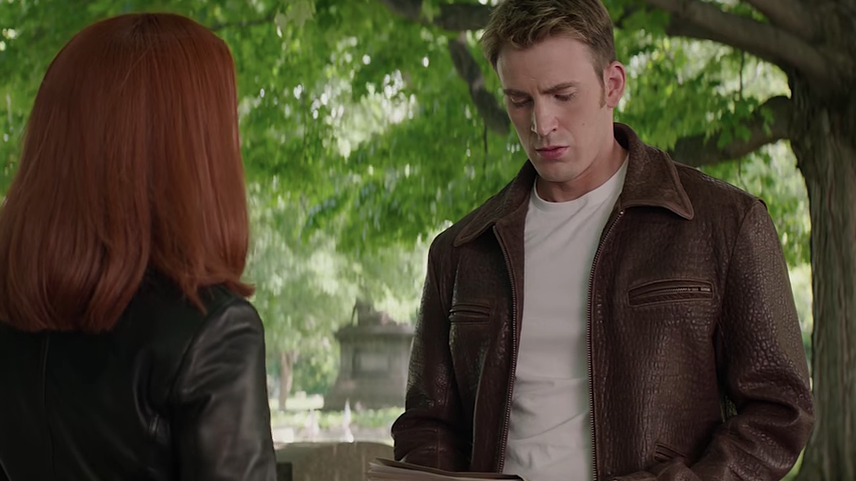We’re re-watching Gargoyles, a favorite cartoon from my childhood. In the most recent episode, Demona, the Bad Girl Gargoyle, is trying to show how humanity is evil, and one things she shows is a purse-snatching, and she stops her friend from going after the purse snatcher, telling him, “With human justice, he’ll be back on the street in days.”
Wow, did that … not work for me. I was stunned, knowing what I know now about the criminal justice system, mandatory minimum sentences, “three strikes” rules and all the many many ways we OVER-punish petty theft, that to the writers of this 1990s kids cartoon the big evil was “He won’t be incarcerated.”
But then … that’s the origin of the problem, isn’t it?
John Oliver recently did a piece on wrongful convictions, and the very real fact that our justice system is designed, at present, to keep the innocent locked up, even if this means the true guilty parties go free. You can see the complete lack of compassion, the outright belligerent wrong-headedness of the judges and attorneys Oliver shows being interviewed. They absolutely do not care if innocent people are executed for crimes they didn’t commit – one even coming out to state that clearly. (You can watch the whole episode here: https://youtu.be/kpYYdCzTpps)
This strongly echoed my own experience being on a jury. There were three kids charged with a hold-up at a payday loan place. Two were obviously, definitely there, but the third had no evidence at all other than a witness saying she thought his mug shot was scary. Yet when I argued with my fellow jurors that he shouldn’t be found guilty, I was met with anger. “He’s guilty of something!” and “They all have to go down!” I mean, these were little old ladies shouting this!
The reason our justice system is broken is a lack of compassion, and also a lack of logical common sense. The dominant paradigm is that if you are arrested, well, you must have been doing something wrong, and if you weren’t, well, you would have, eventually, and the only way to keep the world safe is to lock up as many potential criminals as possible, and if a few innocents suffer, so be it for the common good.
This. Doesn’t. Work. It’s laughable how obvious it is that it doesn’t work, and the price is human suffering. Multiple studies have shown that harsh sentences don’t deter violent crime and the system overloads itself in a feedback loop, causing more innocents to be locked up, fewer resources to do anything other than lock more people up. You know what leads people to crime? Suffering. Desperation. Yet the system is designed to trap the innocent and ruin their lives to the point where a non-criminal life is out of their reach.
We’re in a situation where people are dying for petty theft. Really. A recent New York Times article detailed the problems of violence at Rikers Island prison, where a critical shortage of guards is leaving prisoners unsupervised, non-violent offenders mixed in with the violent. Attempts to add more guards are met with employees afraid of the violence and refusing to go to work. (More here: https://www.nytimes.com/2021/09/15/nyregion/rikers-island-jail.html)
I can’t actually find the article that incensed me to start writing this blog post … it was more recent, and detailed how there was a new head of prisons, who said that they would concentrate on improving the reporting system. Like the reports were the ones suffering and dying.
Here’s the stories of some of the dead inmates
As a writer, it’s easy, so easy, to just have “bad guys” whose motivations are opaque, who attack the “Good guys” needlessly and violently to assure we get at least 20 minutes of action per episode.
It’s lazy, and it sends a dangerous message.
We need to start telling stories about the messy, complicated truths of crime, about innocence, and about how the “bad guy” is a human, with complicated motivations, hopes, personal morals, and the “Good guy” isn’t magically better-motivated for his violence. That there are no bad guys and good guys, there are just guys. WE are the guys. And we should know that increasing suffering makes no one safer.


